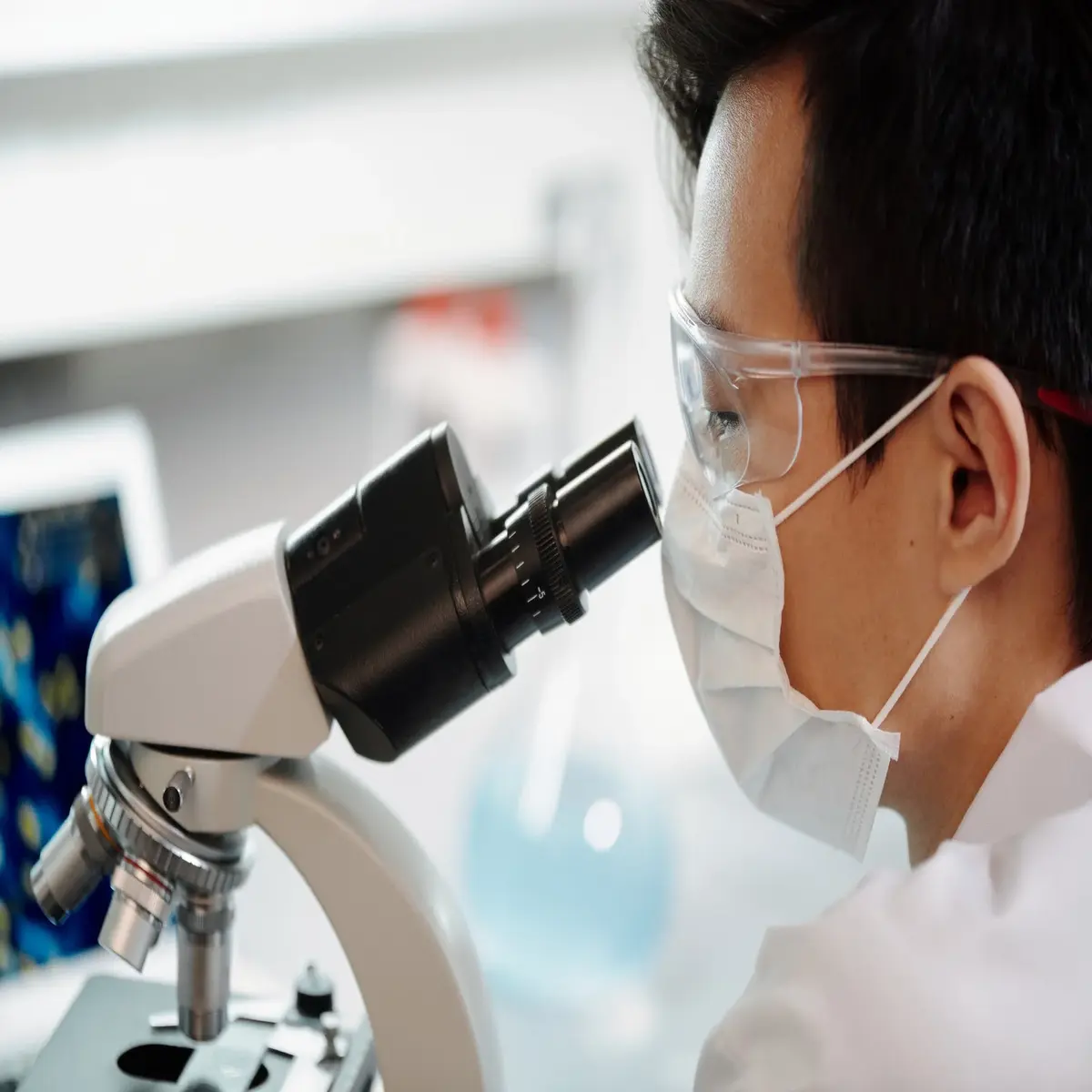What is total quality management (TQM) in industrial pharmacy?
Learn total quality management definition, principle, advantages and disadvantages in industrial pharmacy. It is an element of quality management system. How to define total quality management (TQM)? Total Quality Management (TQM) is a management method which is used for improving the quality and productivity of business in an organization. It is a comprehensive management approach … Read more


